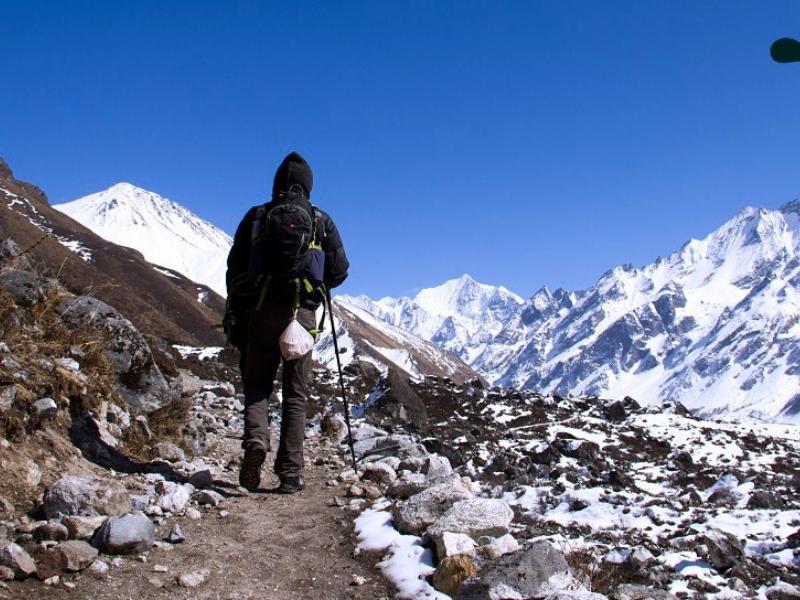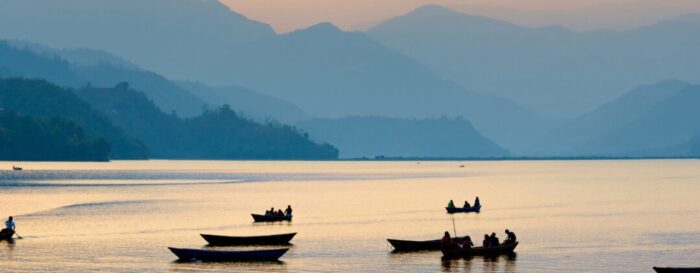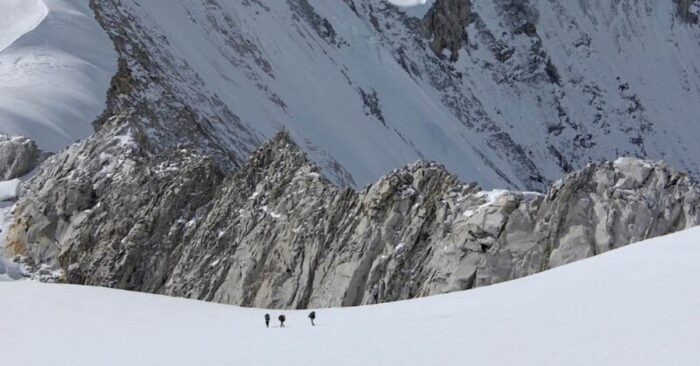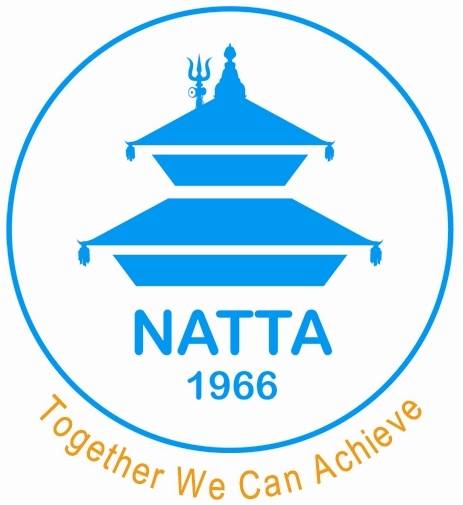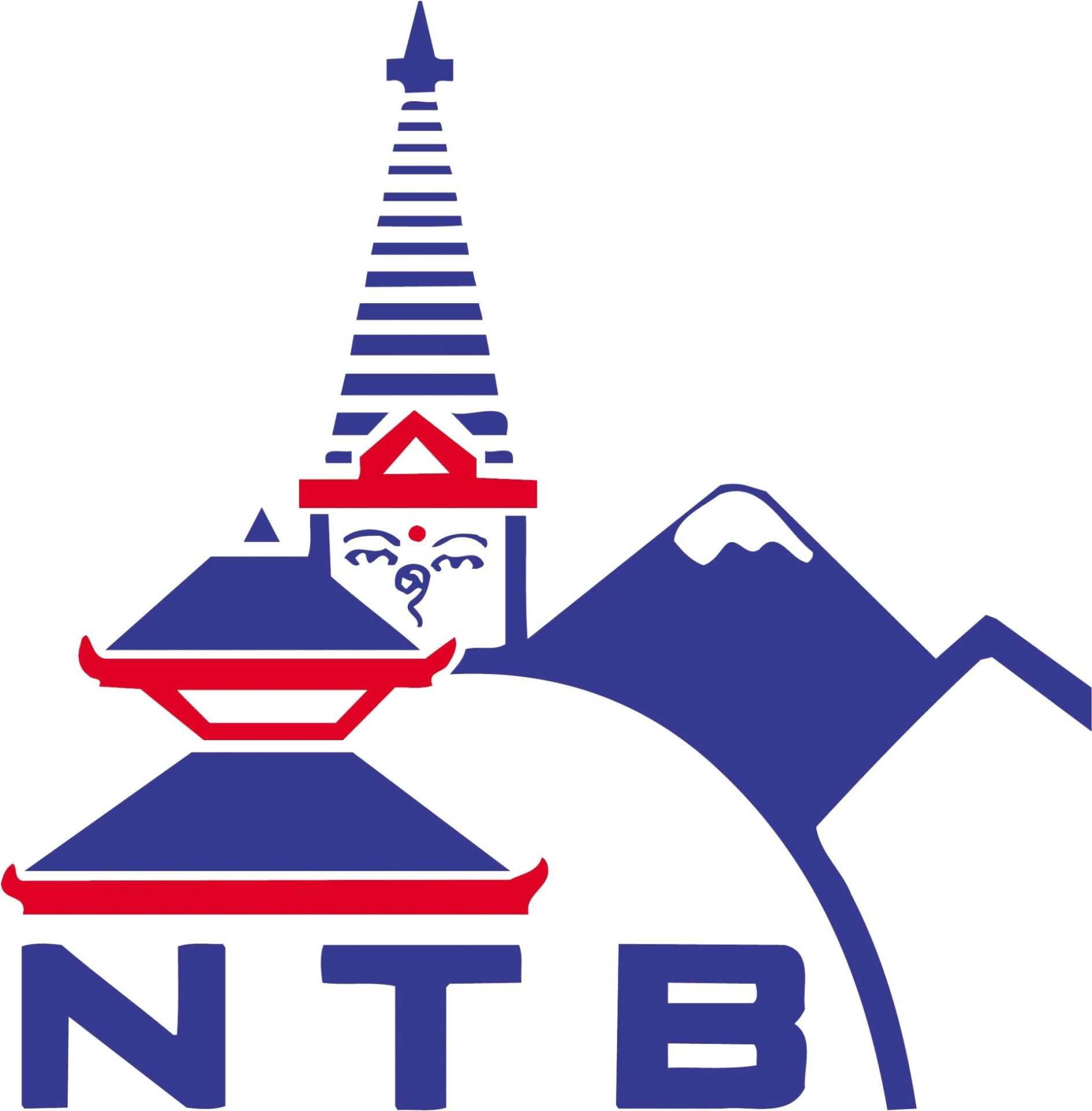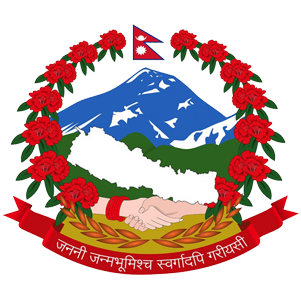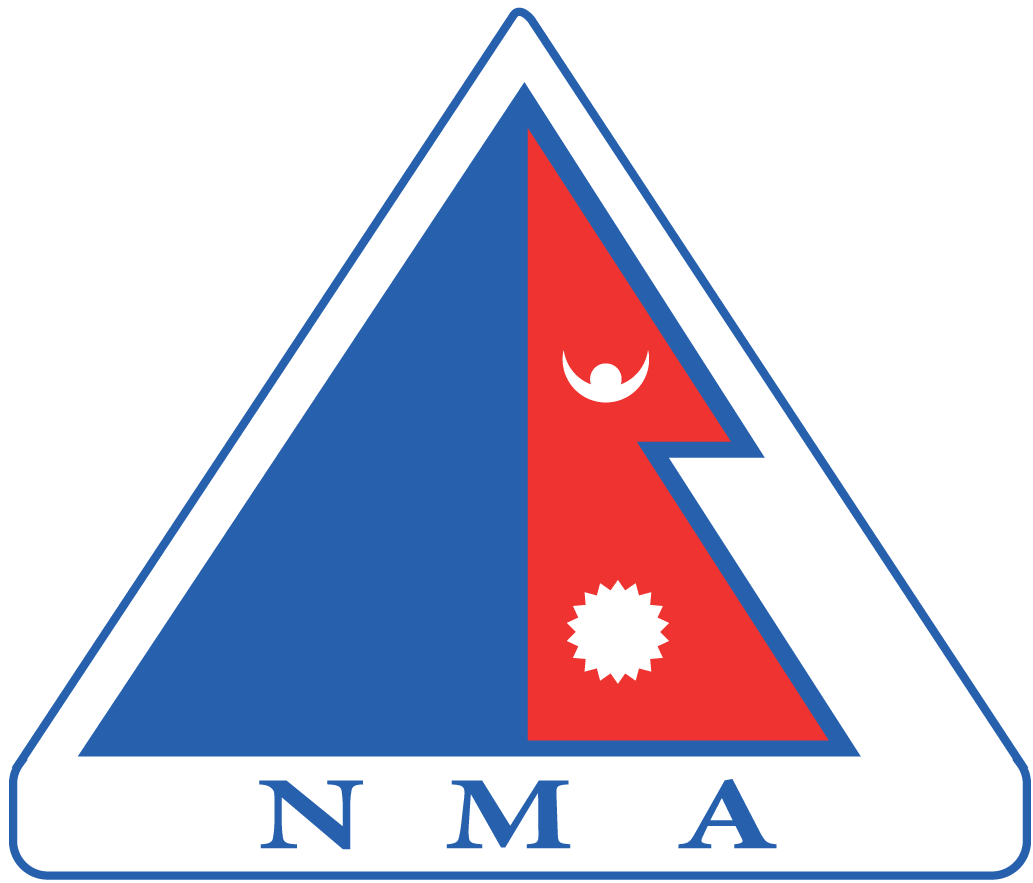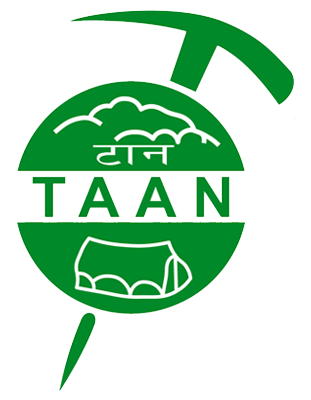Embarking on a trekking expedition is an exhilarating experience that tests your endurance and resilience. The right nutrition strategy is crucial for powering through the challenges and enjoying the journey. This nutrition guide for trekking offers comprehensive insights into optimizing your diet for the trek ahead, ensuring you’re well-prepared to tackle any trail.
The Vital Role of Nutrition in Trekking
A successful trekking experience hinges on meticulous preparation, with nutrition playing a pivotal role. Adequate nourishment ensures sustained energy, optimal performance, and quick recovery. This guide is designed to serve as your go-to nutrition guide for trekking, providing essential dietary strategies to support your adventure.
Essential Macronutrients for Trekking
Carbohydrates:
As the primary energy source for trekkers, carbohydrates should dominate your diet. Opt for complex carbs found in whole grains, fruits, and vegetables for energy that lasts. This nutrition guide for trekking emphasizes the importance of carb-loading before a long day on the trail.
Proteins:
Protein is critical for muscle repair and recovery. Incorporating a variety of proteins, from lean meats to plant-based options like lentils and tofu, ensures your muscles get the support they need. This guide recommends consuming a protein-rich snack within 45 minutes post-trek for optimal recovery.
Fats:
Healthy fats are a key energy source for longer, less intense treks. Sources like nuts, seeds, avocados, and olive oil not only provide energy but also support cell function and nutrient absorption, making them an integral part of this nutrition guide for trekking.
Hydration: The Cornerstone of Trekking Nutrition
Hydration affects not just physical performance but cognitive function as well. Water is essential, but on longer treks or in hot climates, electrolyte solutions can prevent imbalances. This guide stresses the importance of drinking before you feel thirsty to avoid dehydration.
Strategic Meal Planning
Before the Trek:
Begin with a breakfast rich in complex carbohydrates and proteins to set a strong foundation for the day’s exertions. Oatmeal with nuts and a side of eggs is an ideal start.
During the Trek:
Portable snacks like energy bars, fruit, and nuts provide quick, accessible energy. This nutrition guide for trekking suggests planning snack breaks every 1-2 hours to maintain energy levels.
Post-Trek:
Refueling with a balanced meal of carbohydrates and proteins aids in recovery. Consider meals like chicken stir-fry with vegetables and rice or a quinoa salad with chickpeas for plant-based trekkers.
Navigating Nutrition at High Altitudes
Altitude can affect your digestive system and appetite, making carb-rich foods more appealing and digestible. Increased fluid intake is also crucial to counteract the dry air and higher respiration rate. This nutrition guide for trekking advises paying close attention to your body’s signals and increasing your calorie intake as needed.
Special Dietary Considerations
For those with dietary restrictions or preferences, planning becomes even more critical. Vegetarians and vegans can meet their protein needs with a variety of plant-based sources, and everyone should consider a multivitamin to ensure no nutritional gaps. Safety and storage of food are paramount to avoid spoilage and illness.
Conclusion: Your Blueprint for Nutritional Success
Proper nutrition is the foundation of a successful trekking experience. By adhering to the principles outlined in this nutrition guide for trekking, you can ensure that your body has the necessary fuel and nutrients to thrive on the trail. Remember, individual needs may vary, so it’s important to listen to your body and adjust your nutrition plan accordingly. With careful planning and the right nutrition strategy, your trekking adventure can be both enjoyable and fulfilling.

